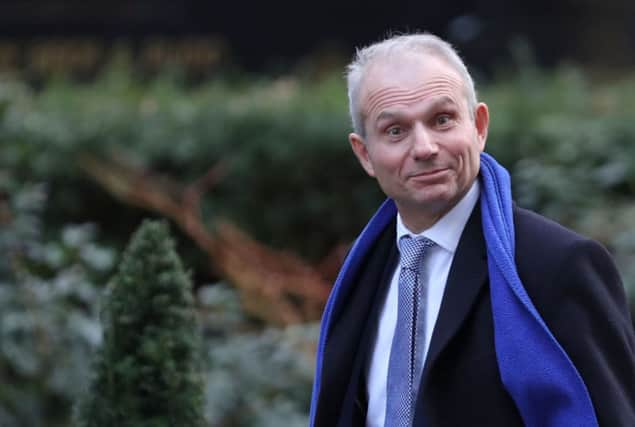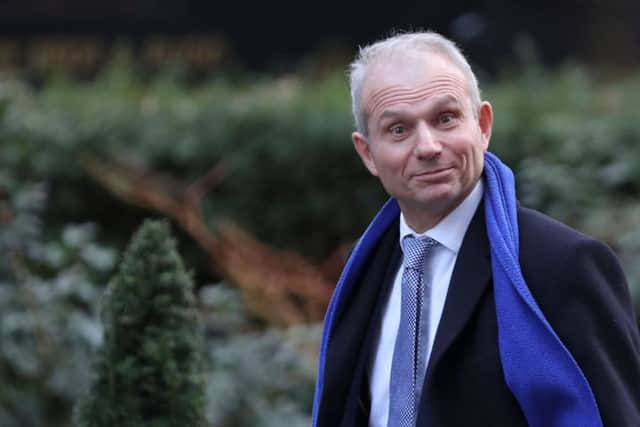Brexit row with Holyrood deepens ahead of crunch talks


The Scottish Government’s Brexit minister, Mike Russell, said the move “confirms the biggest power grab attempt on devolution since the establishment of the Scottish Parliament”. The Prime Minister and First Minister will hold talks this week in London in a plenary session of the Joint Ministerial Council aimed at finding a resolution to the row.
It comes after Cabinet Secretary David Lidington last week published 24 devolved policy areas where the UK government wishes to retain power temporarily in the wake of Britain’s exit from the bloc.
Advertisement
Hide AdAdvertisement
Hide AdThese include agriculture, fisheries, food labelling and public procurement, which ministers insist are essential to protect the UK single market.


Analysis released by that administration states there are 153 areas where EU laws intersect with devolved competence.
Mr Lidington said: “The amendments being tabled today will allow Parliament, businesses and consumers to better understand how we are intending to manage the transfer of powers from Brussels to the devolved administrations. Our amendments respect and strengthen the devolution settlements across the UK but still allow the UK government to protect the vitally important UK common market, providing much-needed certainty and no new barriers to doing business.
“Parliament will now be able to consider the proposal that we have been discussing for some time with the devolved governments, while we continue to hold constructive discussions in the hope of finding an agreed way forward.”
The Scottish Government has already published its own Brexit Bill at Holyrood which would create an alternative legal framework in Scotland aimed at protecting the devolution settlement, despite being told this is unlawful by Holyrood’s Presiding Officer. It is likely to be passed by MSPs next week, but could end up in the Supreme Court which would then ultimately decide which government has authority over the powers.


The Scottish Conservatives said they have submitted 147 amendments to what it called the Scottish Government’s “farcical” Continuity Bill.
Responding to the move, Scotland’s Brexit minister Michael Russell said: “Let me make it crystal clear - neither the Welsh or the Scottish Governments have agreed to the amendment that the UK government is about to table.”
He added: “This move from the UK government, in the face of opposition from both the Scottish and Welsh Governments, confirms the biggest power grab attempt on devolution since the establishment of the Scottish Parliament. The UK government is using Brexit to unilaterally rewrite the devolution settlement that the people of Scotland voted for so decisively in 1997. Their plans would mean Westminster taking control of key devolved powers in the areas of farming, fishing and the environment. But we now know that any other sector could be at risk too if the UK government decides it wants those powers as well.”
Mr Russell said Scottish Government ministers still wanted to reach a deal to break the deadlock.